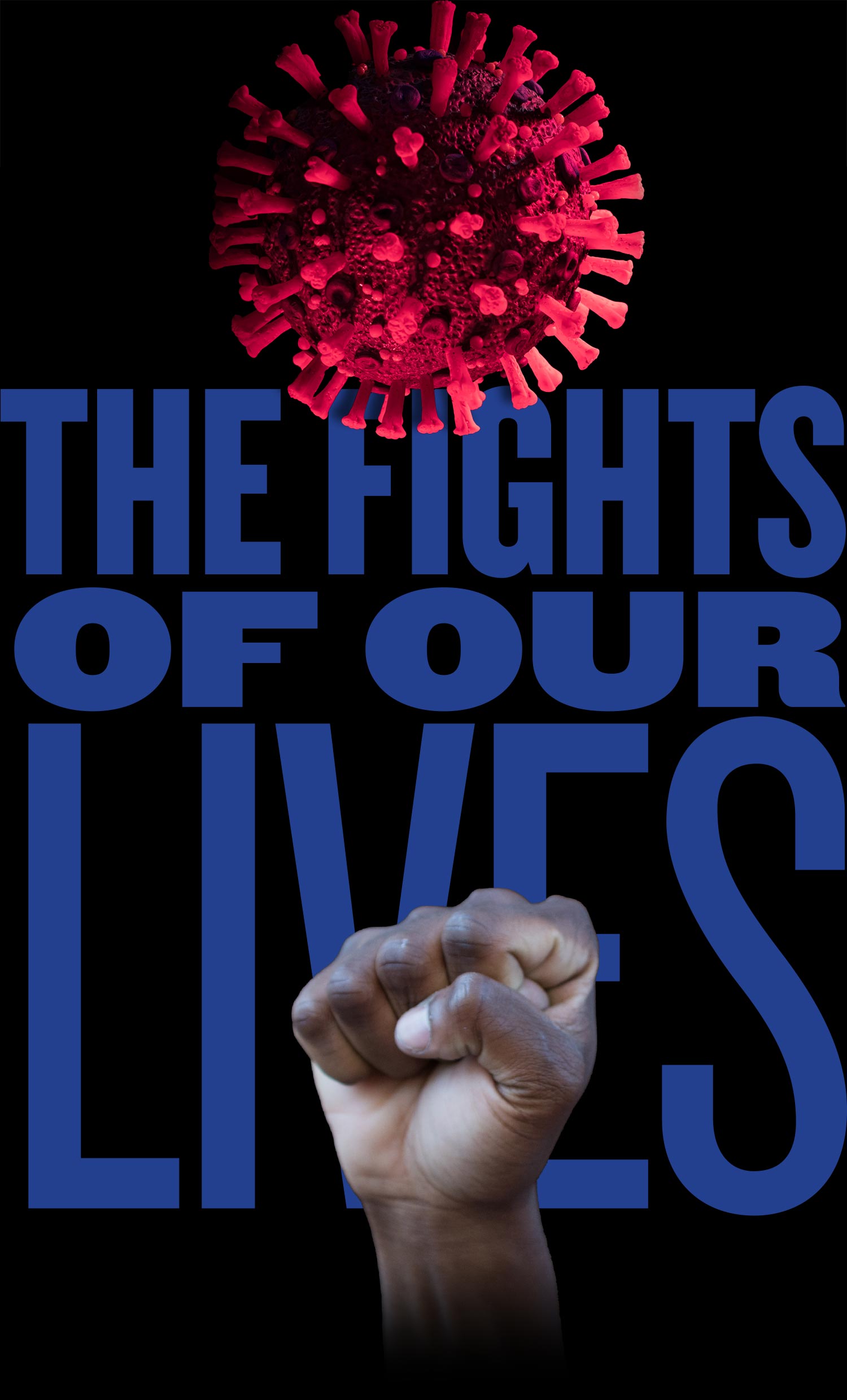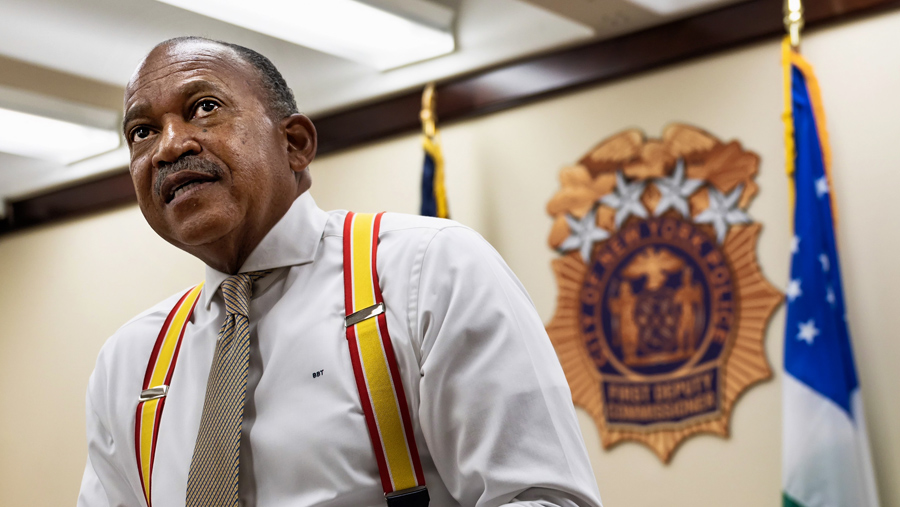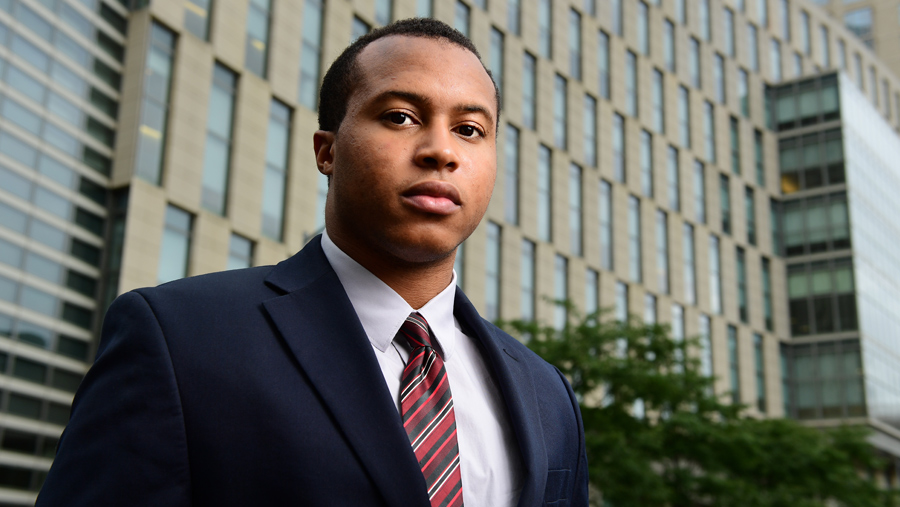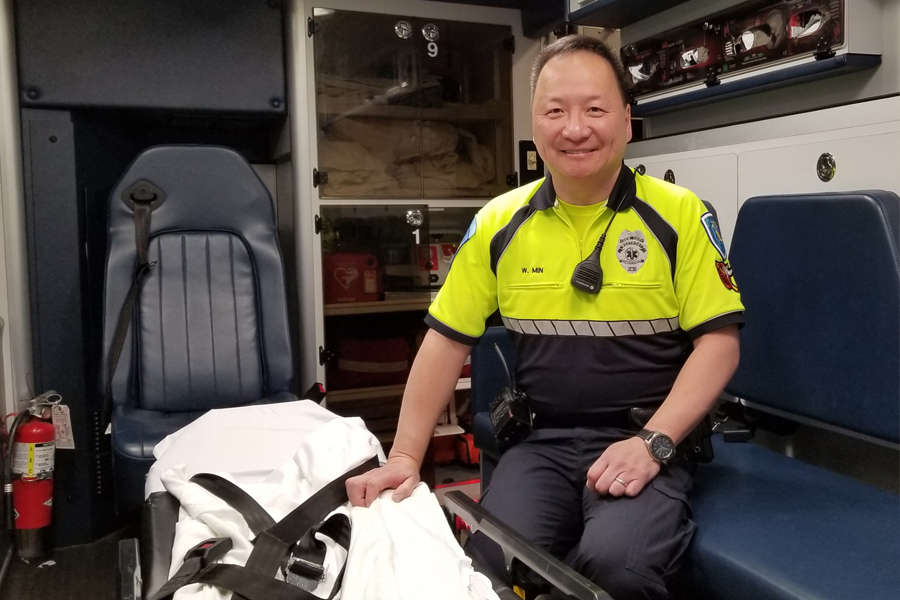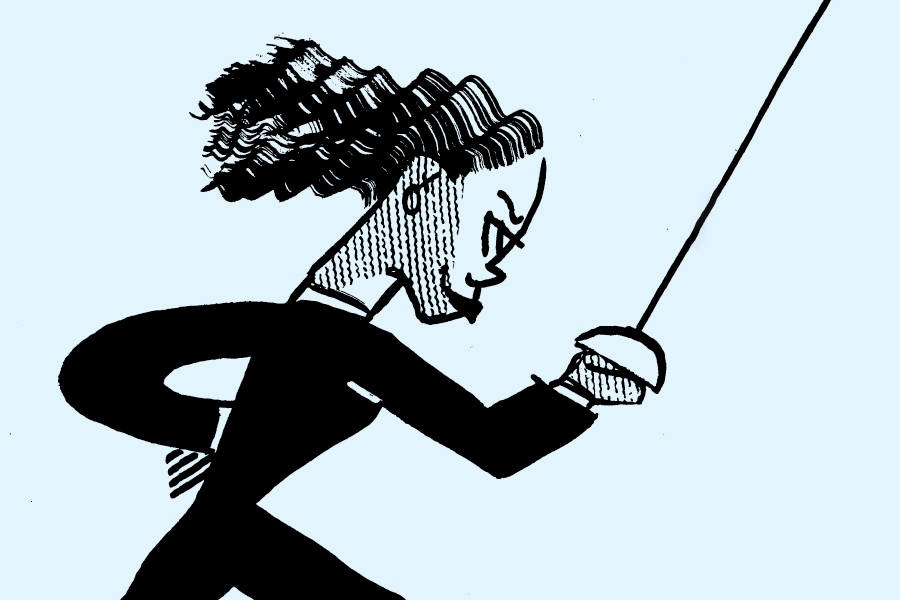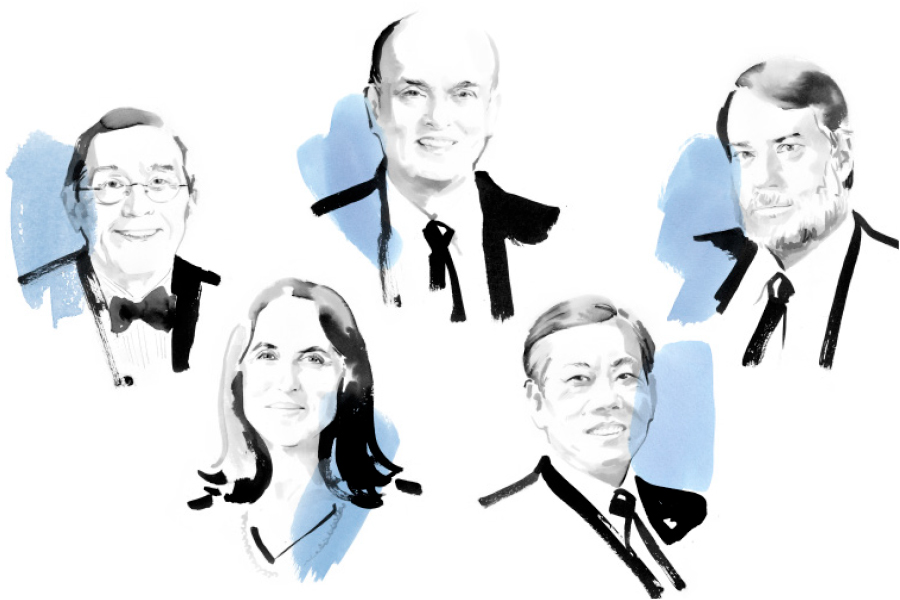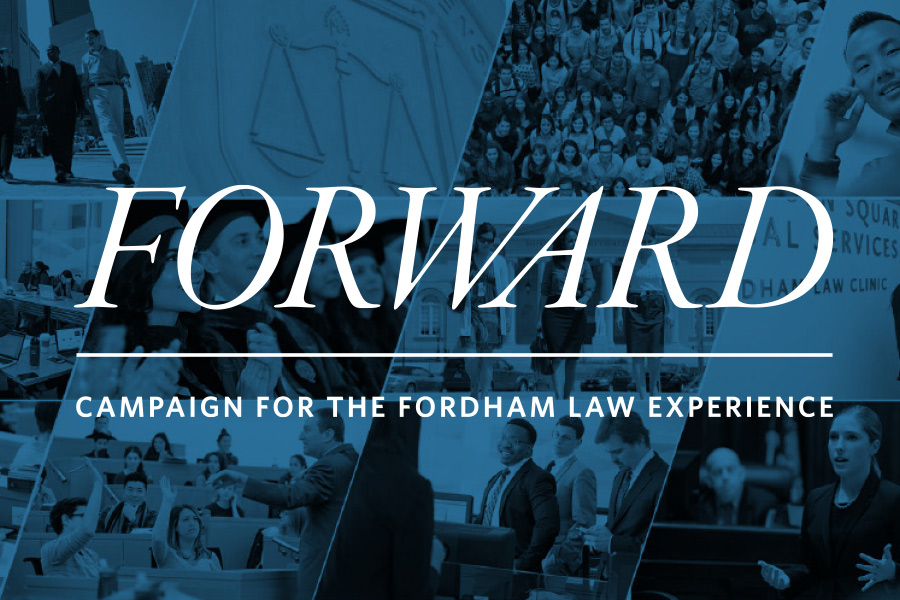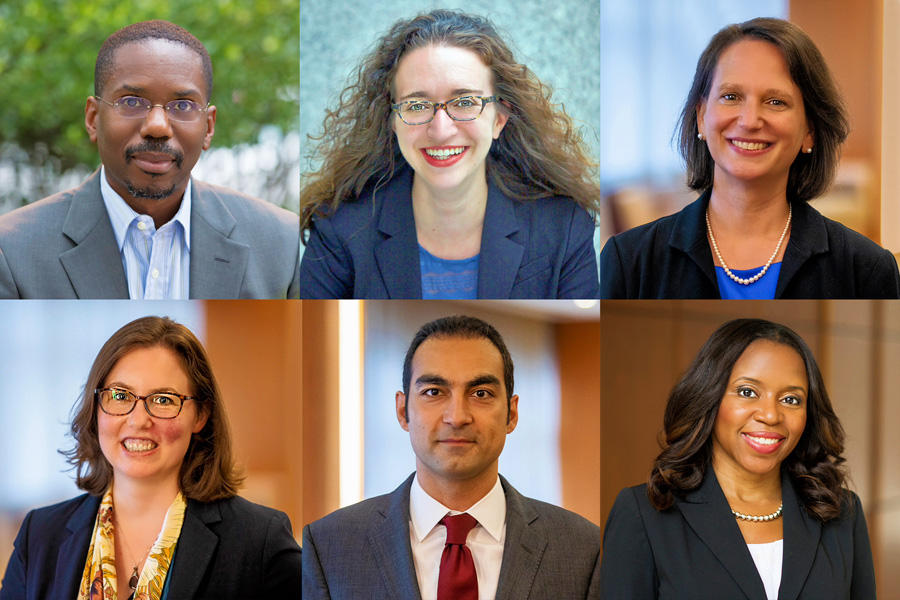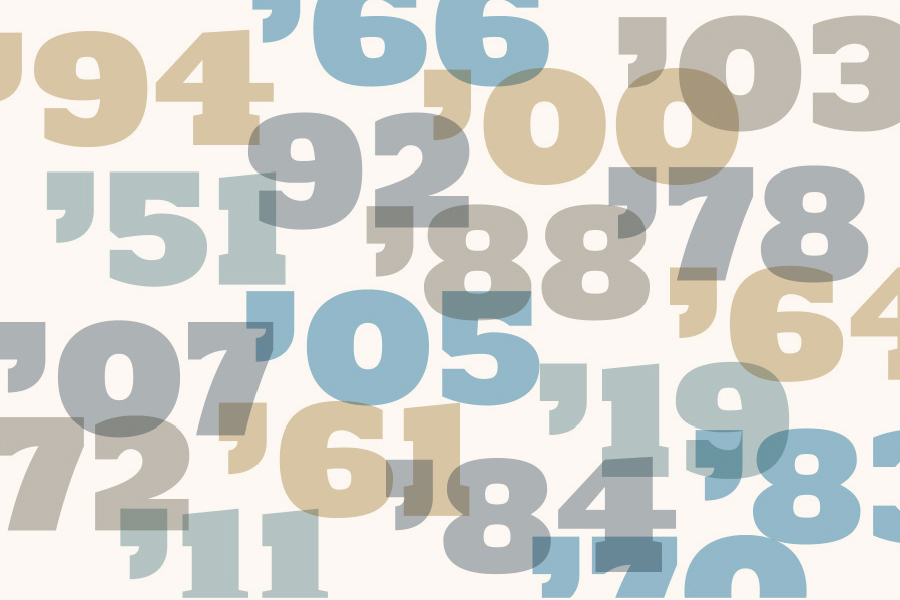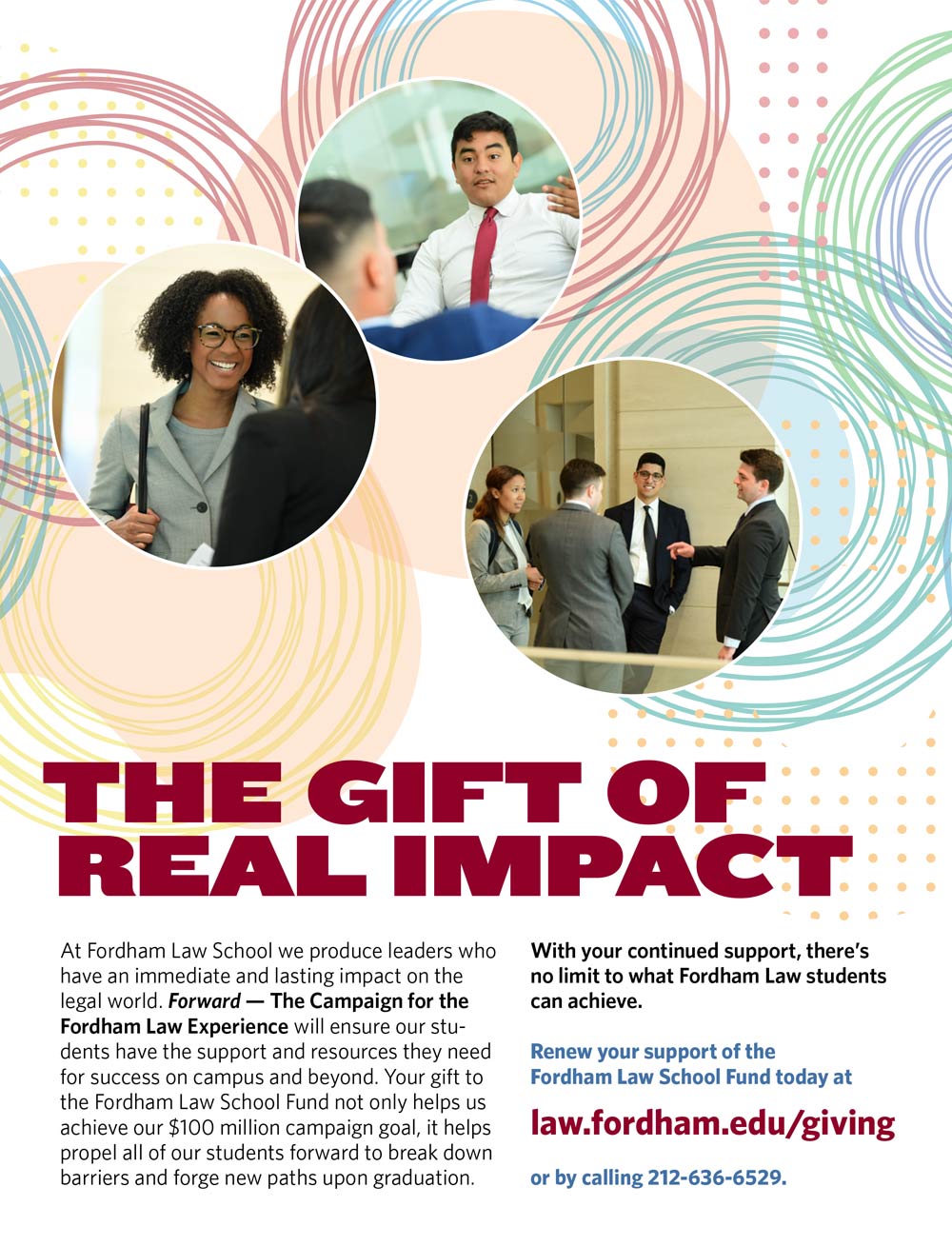So many of the critical issues now at stake—from racial injustice and police brutality to executive overreach and interference in the judicial system—are central to our work. We are committed to training the next generation of lawyers who will fight to uphold the rule of law and to advancing legal scholarship that asks the tough questions and seeks practical solutions.
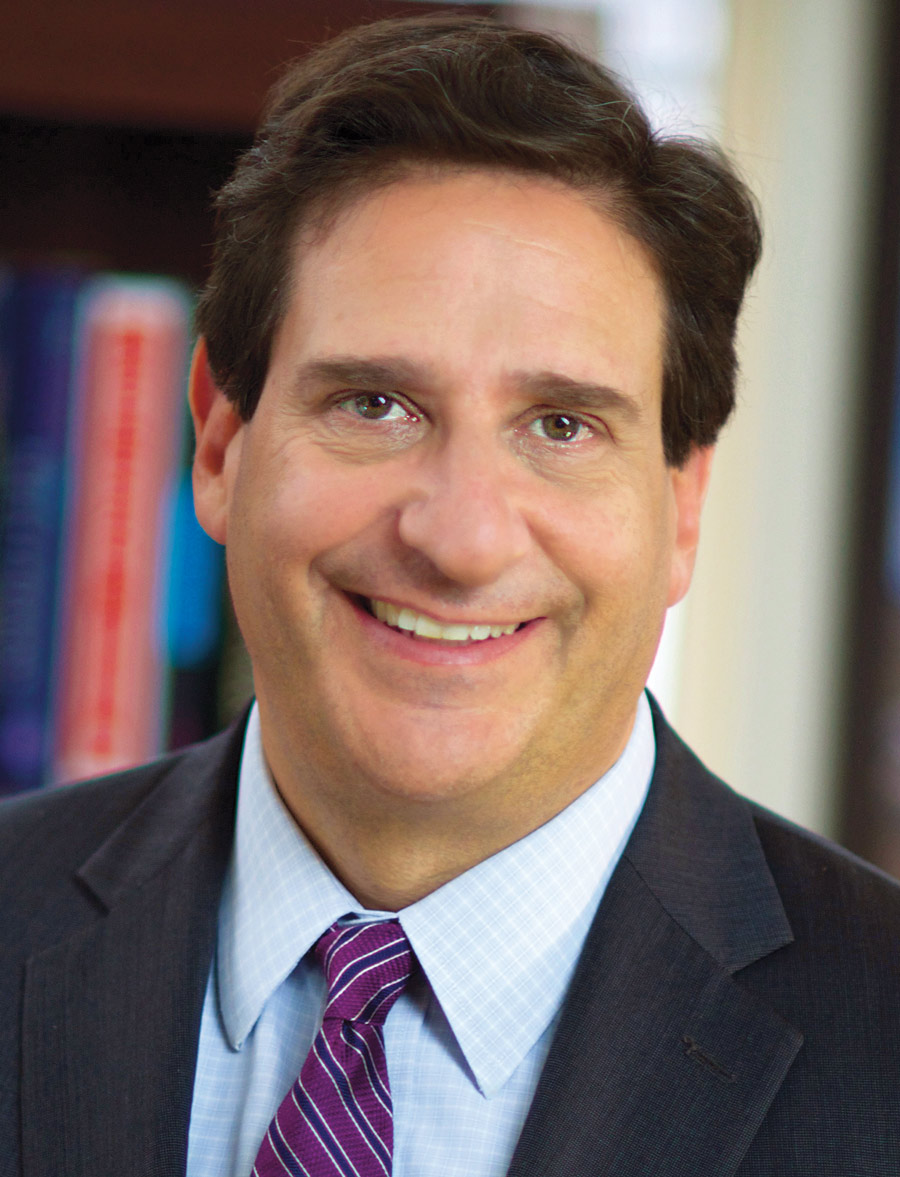

By Paula Derrow
By Helene Stapinski
By Eugene K. Chow


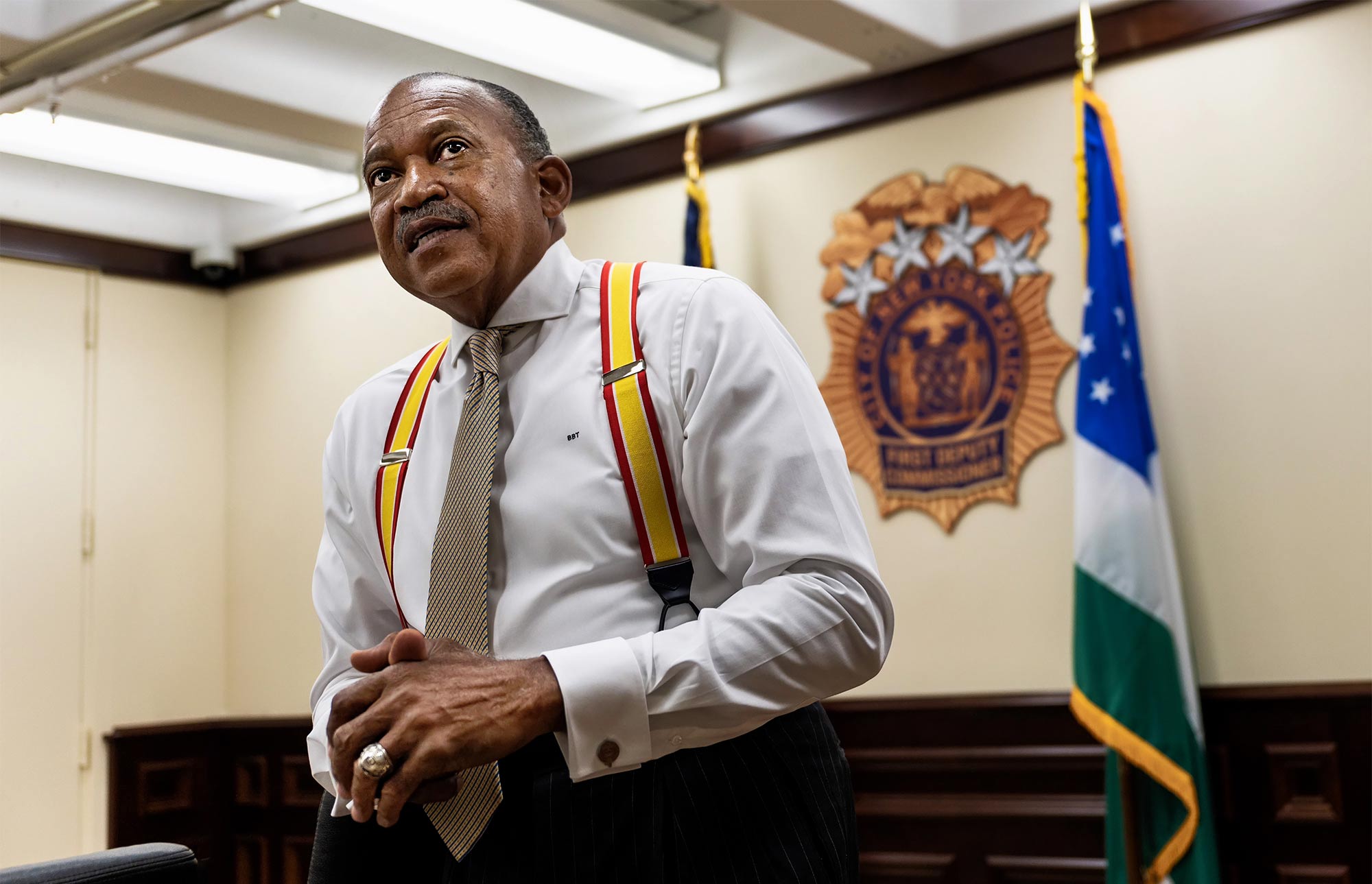
p on the 14th floor of the fortress-like New York Police Department (NYPD) headquarters in Lower Manhattan, First Deputy Commissioner Ben Tucker ’81 extends an elbow in greeting, his silver Fordham insignia cufflinks glinting in the light from his window with a view of the Brooklyn Bridge.
Because of COVID-19, Tucker has had to retire his famous strong-as-steel handshake. The elbow bump replacing the two-handed vice grip is not the only thing that’s changed for Tucker and his department in the past few months.
Tucker, second-in-command at the NYPD and the highest-ranking African American in the department, has witnessed the sweep of history—the race riots, the heroin plague, the crack epidemic, the infamous stop-and-frisk policy and its dismantling. But the tumult of 2020—from the pandemic to the worldwide police protests over the killing of George Floyd—has left him stunned.
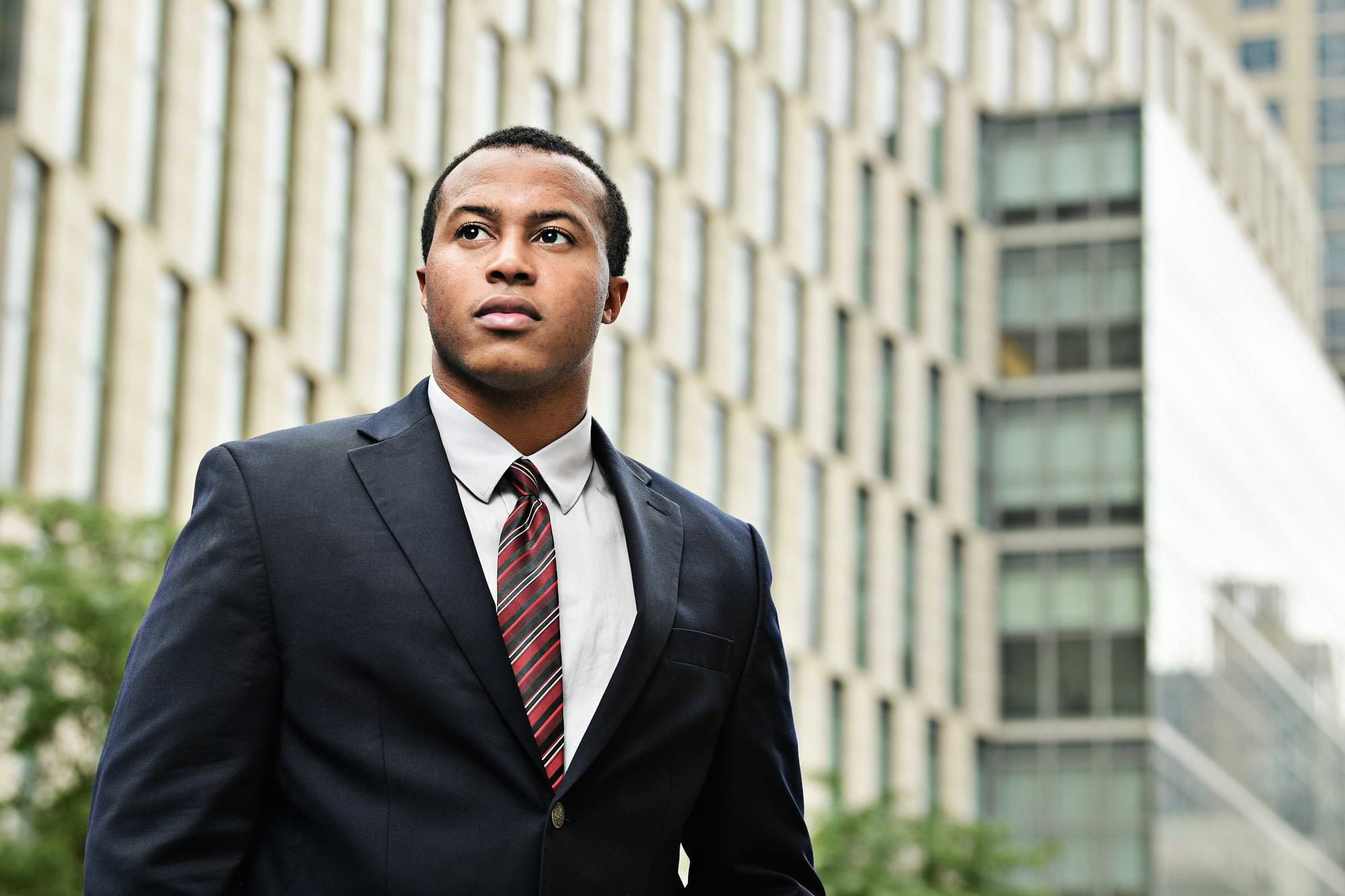
As demonstrators marched across New York City, calling for racial justice in the wake of the police killings of George Floyd and Breonna Taylor, Fordham Law student Abdulai Turay ’22 and the executive board of the Black Law Students Association (BLSA) were channeling their anguish into a list of demands.
Turay, BLSA’s president, was working with his fellow students to turn their hopes and frustrations into concrete policy changes they could take to Fordham Law School Dean Matthew Diller. Their goal: address systemic racism and create a more inclusive environment at Fordham Law.
Meanwhile, like many Fordham Law students, Yazmine Nichols ’20 was compelled to march in the streets. For Nichols, the marches took on even more significance after her sister was arrested while protesting police brutality.
Seven years after the murder of Trayvon Martin gave rise to the Black Lives Matter movement—and after the deaths of Eric Garner, Michael Brown, Sandra Bland, and so many others gave it greater urgency—millions have marched and presented lists of demands.

As the coronavirus outbreak spread throughout the globe, and New York City went into an unprecedented lockdown, we were forced to upend everything we knew about delivering a legal education. Faced with a disruption to our academic mission unlike anything we had ever experienced in the Law School’s history, our faculty and students rallied to transition from classroom learning to an entirely virtual curriculum. I could not be more proud of the dedication and the resilience of our academic community.
—Dean Matthew Diller
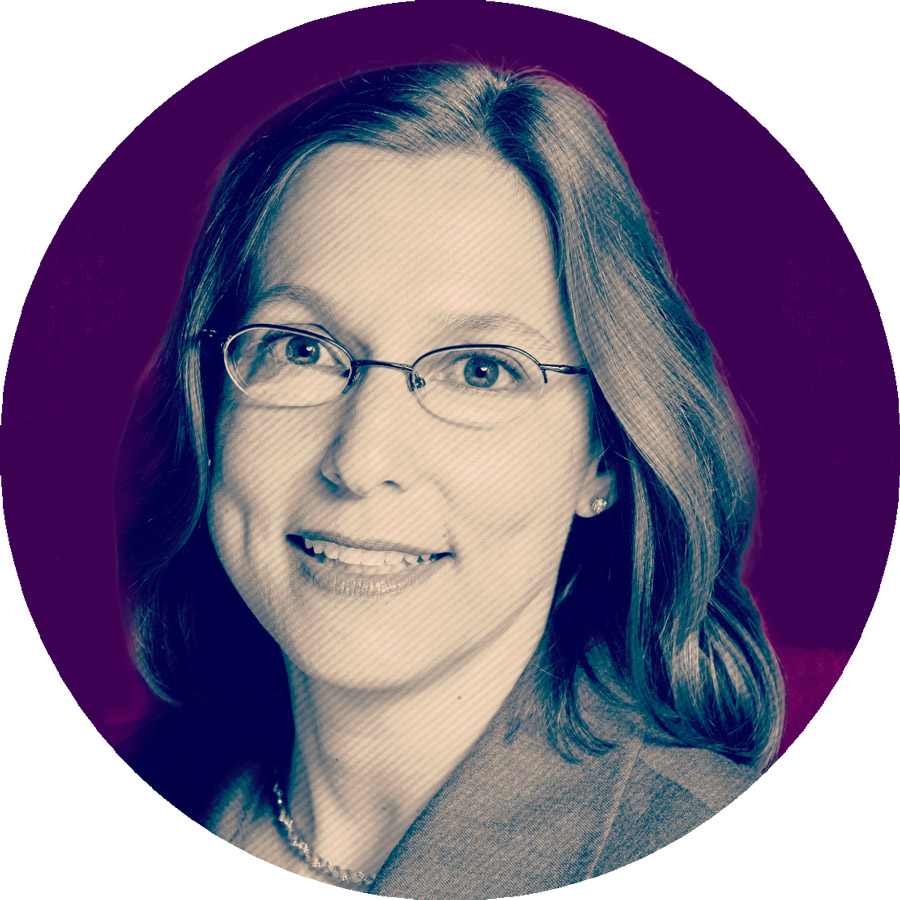
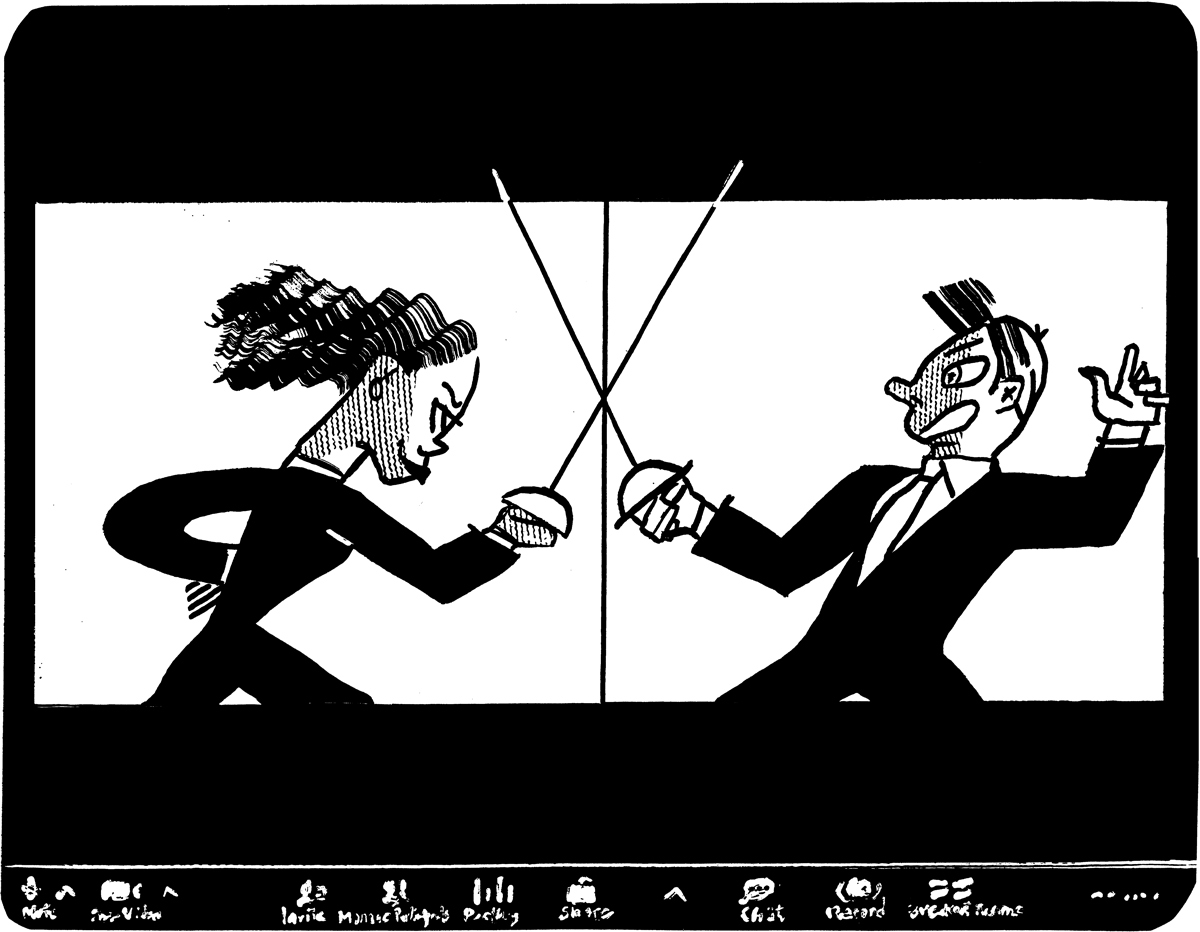
To ensure the students’ diligent work would not go to waste, Adam Shlahet ’02, director of Fordham Law’s Brendan A. Moore Trial Advocacy Program, partnered with Justin Bernstein, director of the A. Barry Cappello Program in Trial Advocacy at UCLA Law, to host the first-ever virtual national trial advocacy competition. They expected a relatively modest response, but as it turns out, law students nationwide were hungry to compete, even if that meant doing so online.
Shlahet and Bernstein received entries of recorded opening statements from 170 students, representing 67 law schools across the country, including 18 Fordham Law students. Nearly 400 judges signed up to preside over the online competition. Fordham Law student Carolyn McGuigan ’21 was among the finalists, taking home a cash prize for third place.
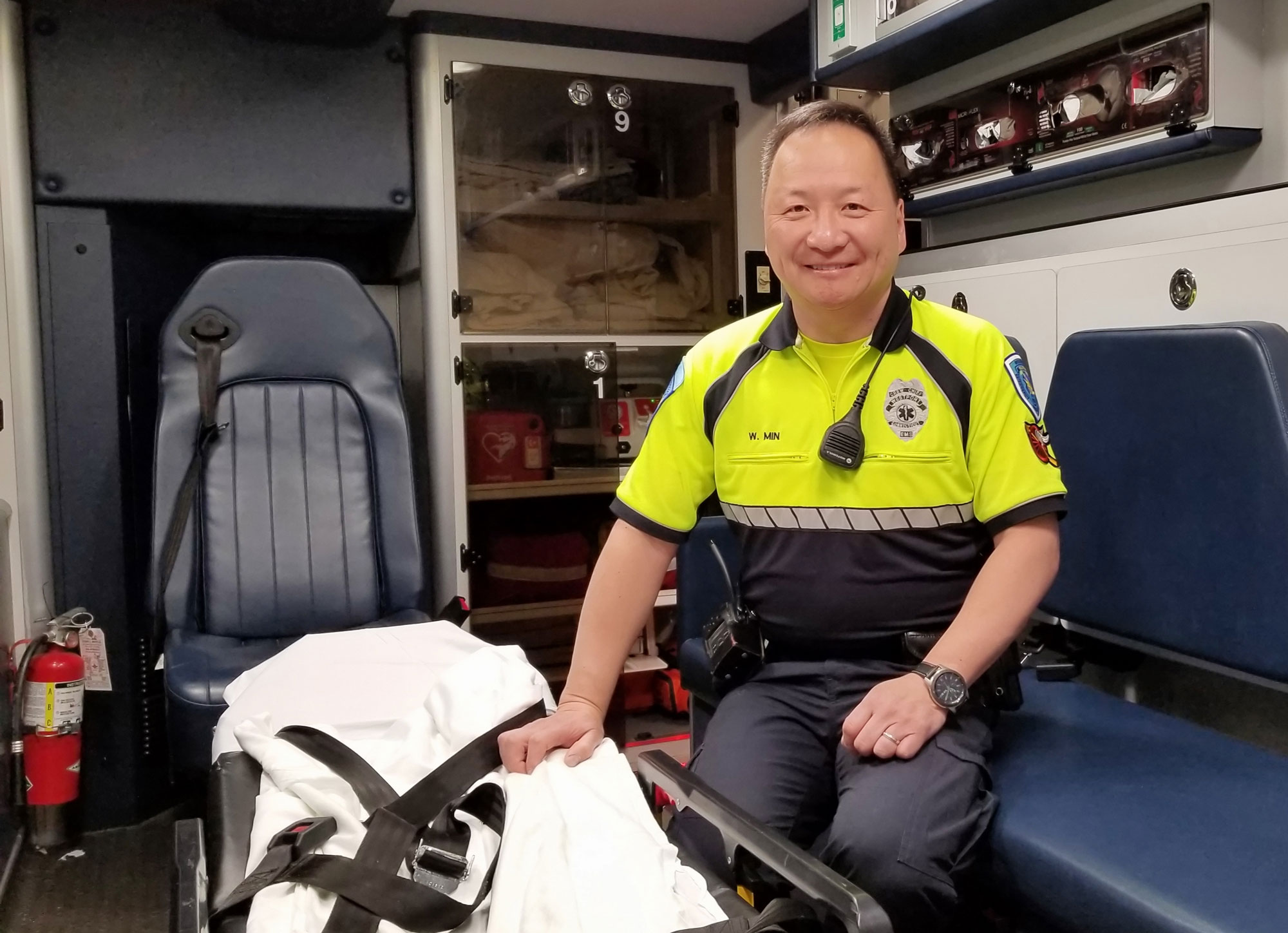
Corner
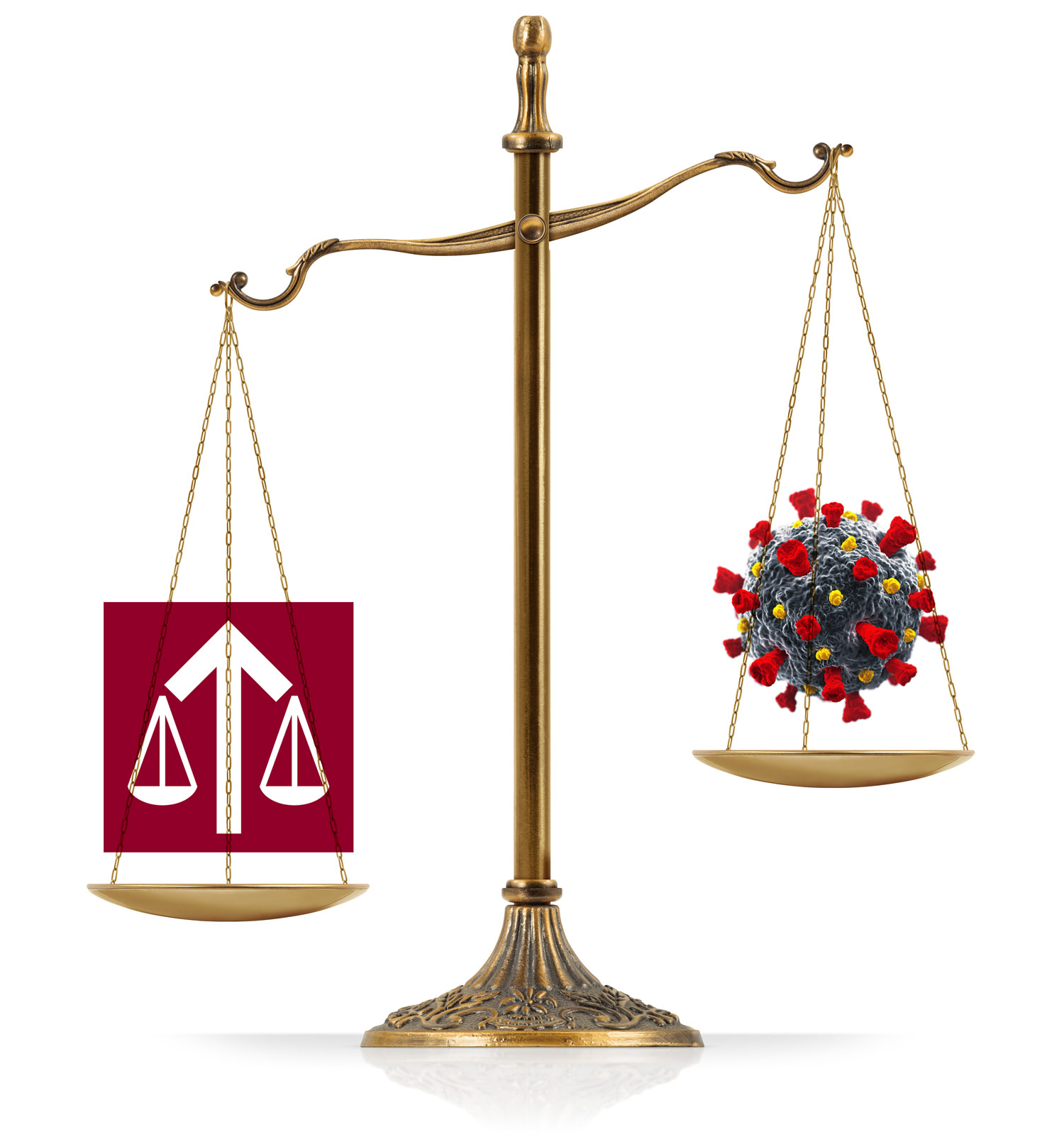
—Dean Matthew Diller
awyers aren’t first responders. Yet, as COVID-19 buffeted New York last spring, Fordham Law faculty, staff, and students immediately mobilized to help and protect the most vulnerable members of our community.
They fought for the rights of men and women in overcrowded prisons and detention centers, which were swiftly becoming infection hot spots. They came to the aid of start-ups and small businesses struggling to stay afloat as the economy came careening to a halt. They spoke out against injustices and organized statewide efforts to bring legal services to low-income communities.
Perhaps even more impressive is that they did all this under lockdown—at a time when courts were closing, communications in jails and prisons had all but completely shut down, and the Law School itself was dispersing and adapting to distance learning.
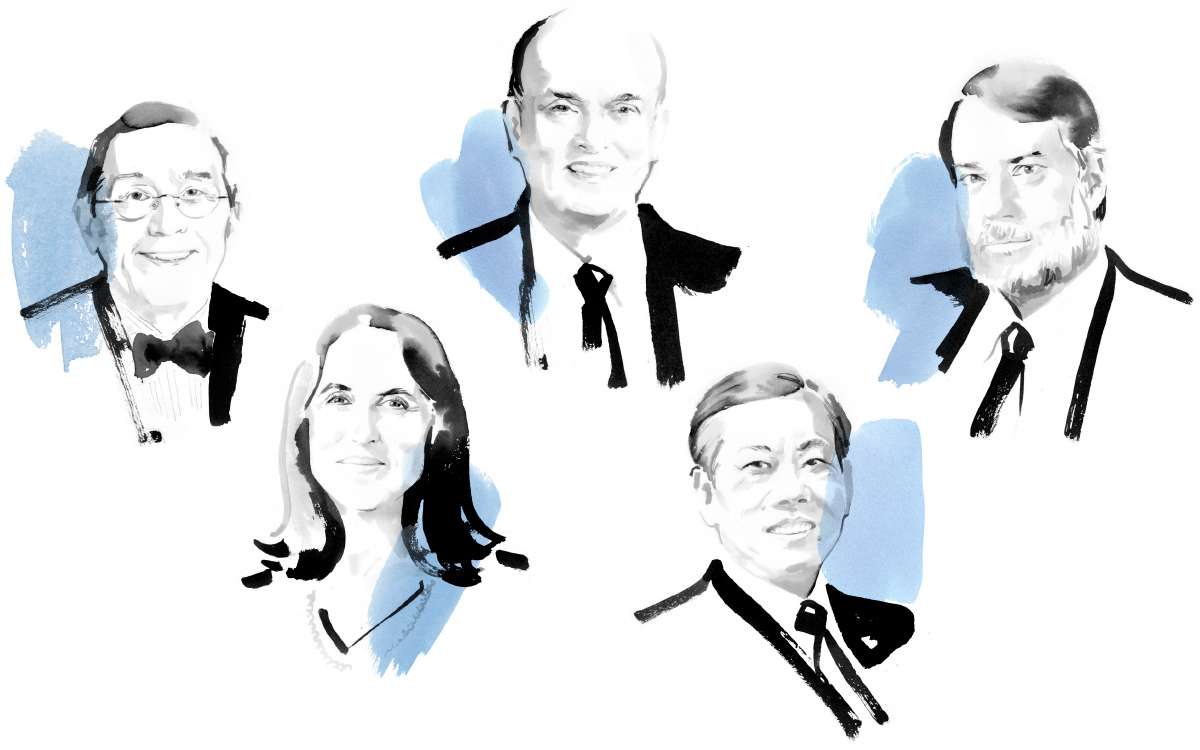

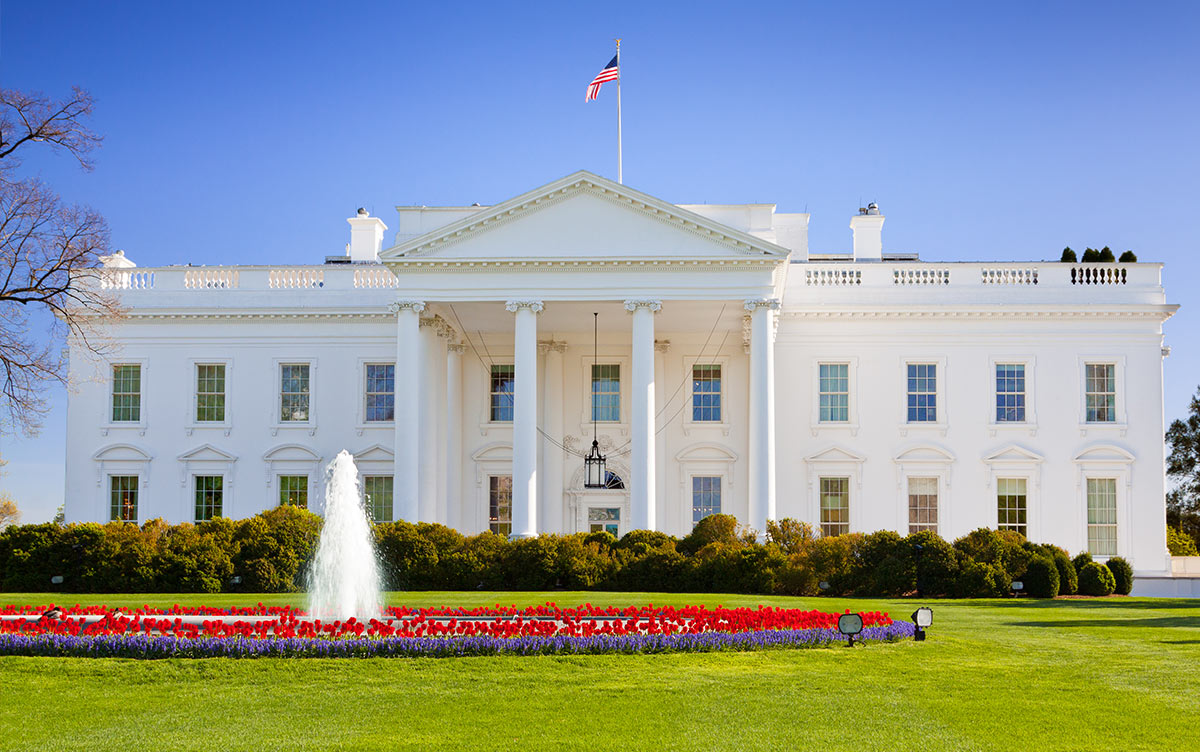
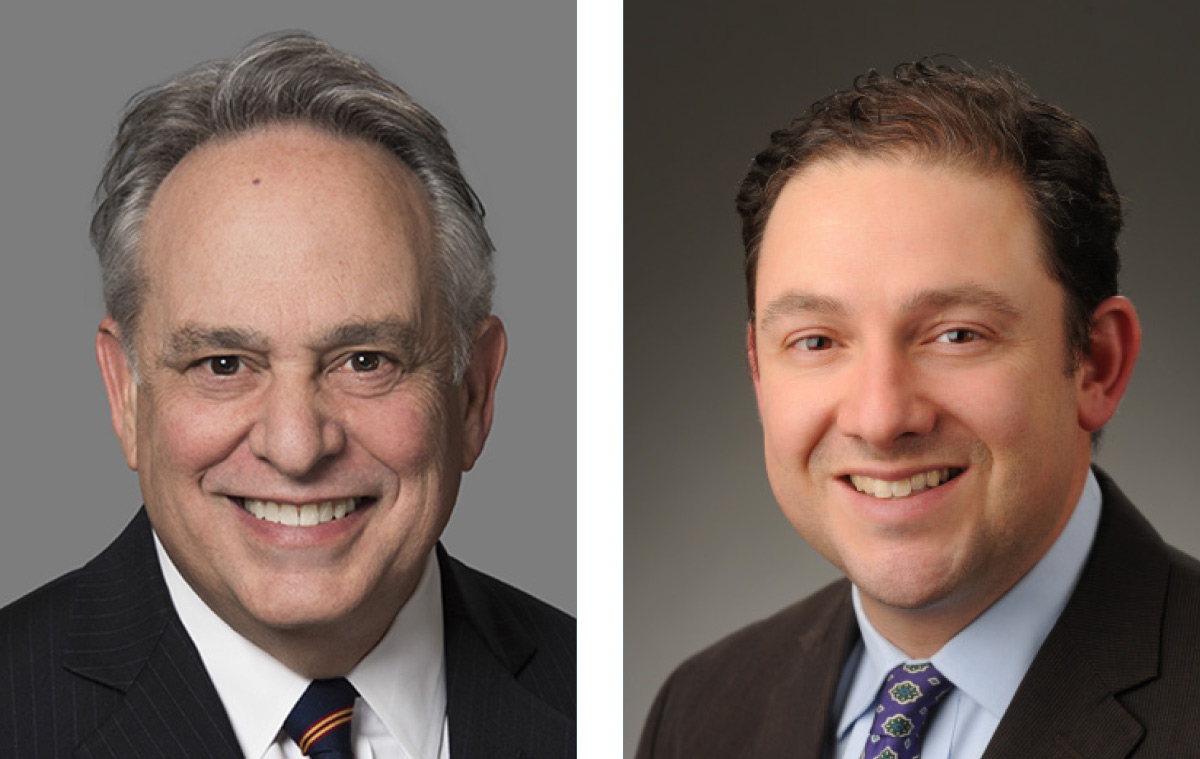
The New York State Bar Association announced in September that Professors Jerry Goldfeder and Jed Shugerman have been named to a new task force of legal scholars to advise attorneys, journalists, and members of the public on issues related to the upcoming 2020 presidential election. The task force is focused on constitutional and statutory provisions that govern the election process and potential court challenges over the election results that might arise, as well as the expected surge of mail-in ballots due to the ongoing coronavirus pandemic.
Goldfeder, who was appointed chair, explained that the task force will issue reports to translate convoluted and complicated legal matters in layman’s terms and provide nonpartisan legal analysis for members of the media.
“We believe that an informed public facilitates an orderly election,” said Goldfeder. “I am very pleased that some of New York’s most preeminent election law scholars have agreed to serve on this task force to help the public understand the electoral process, and the media to report it accurately.”
Hear Professor Goldfeder break down election law each week leading up to the November 3 vote on WFUV’s Election Connection podcast.

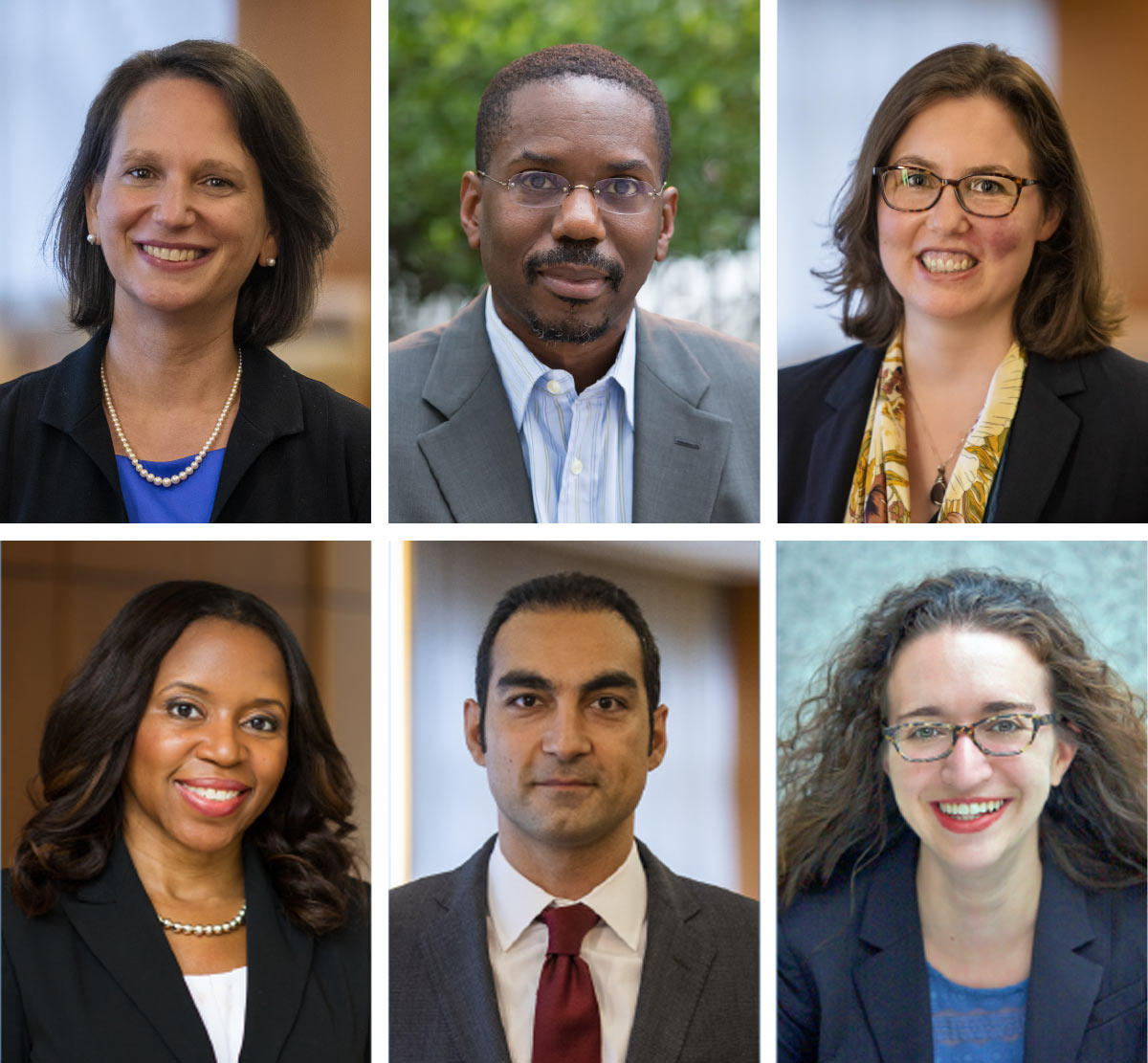

Since launching in spring 2014, Fordham Law’s FORWARD campaign has focused on raising the philanthropic support needed to enhance student experiences, education, and engagement.
“It’s very impressive how our community has come together in this important way to support Dean Diller, the Fordham Law faculty, our students, and programs,” says Brad Butwin ’85, chair, FORWARD campaign. “I am humbled but not surprised by the generosity of the Fordham Law community.”
Philanthropic support has been crucial to the launch of the new House System, which enhances the student experience by creating smaller communities of student support within the Law School. Community-building initiatives within the House System include open-house sessions where first-year students meet with their house faculty, leaders, liaisons, and upper-year peer mentors and take part in a series of 1L co-curricular programs focused on professionalism.
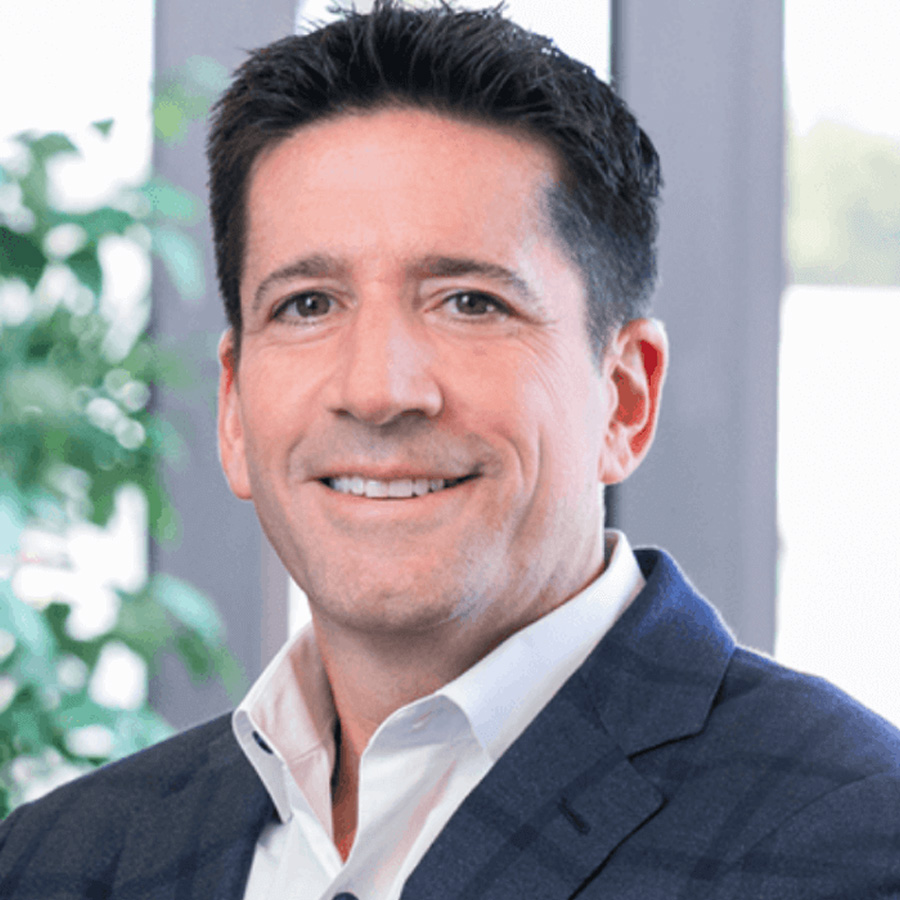
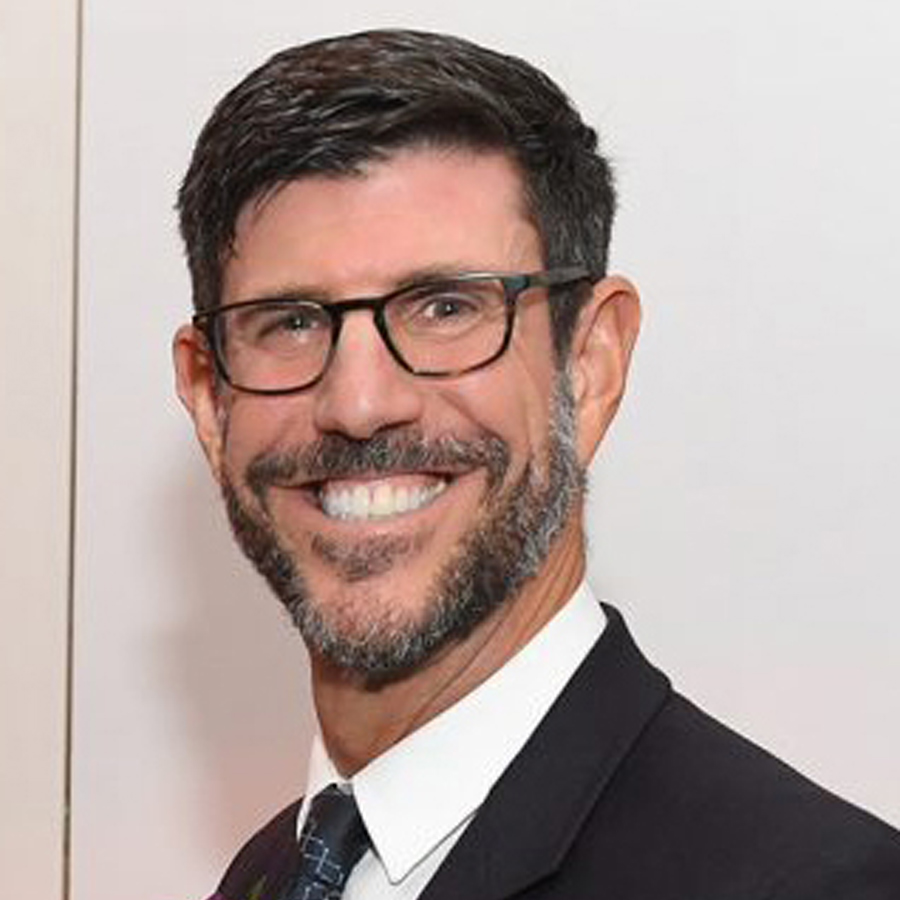
Funds from Tanen’s gift provide stipends for the inaugural class of six Professionalism Fellows—individuals who are interested in and committed to promoting professionalism, mentorship, and inclusion at Fordham Law. Five fellows will be responsible for organizing social and community-building initiatives within their respective house and helping the house leader and liaisons implement substantive house programs. The sixth fellow will serve as the inter-house fellow, overseeing inter-house initiatives and facilitating collaborations.
Moreover, Ross’s gift will enable the Law School to broaden support for upper-year peer mentorship, which is designed to provide support to second-year students who seek additional guidance and stronger ties to the Law School community.
“We feel that the House System and Peer Mentorship Program will be even more essential than ever this year, as they will enable us to maintain a strong sense of support and community within the Law School,” said Director of Professionalism Jordana Confino.
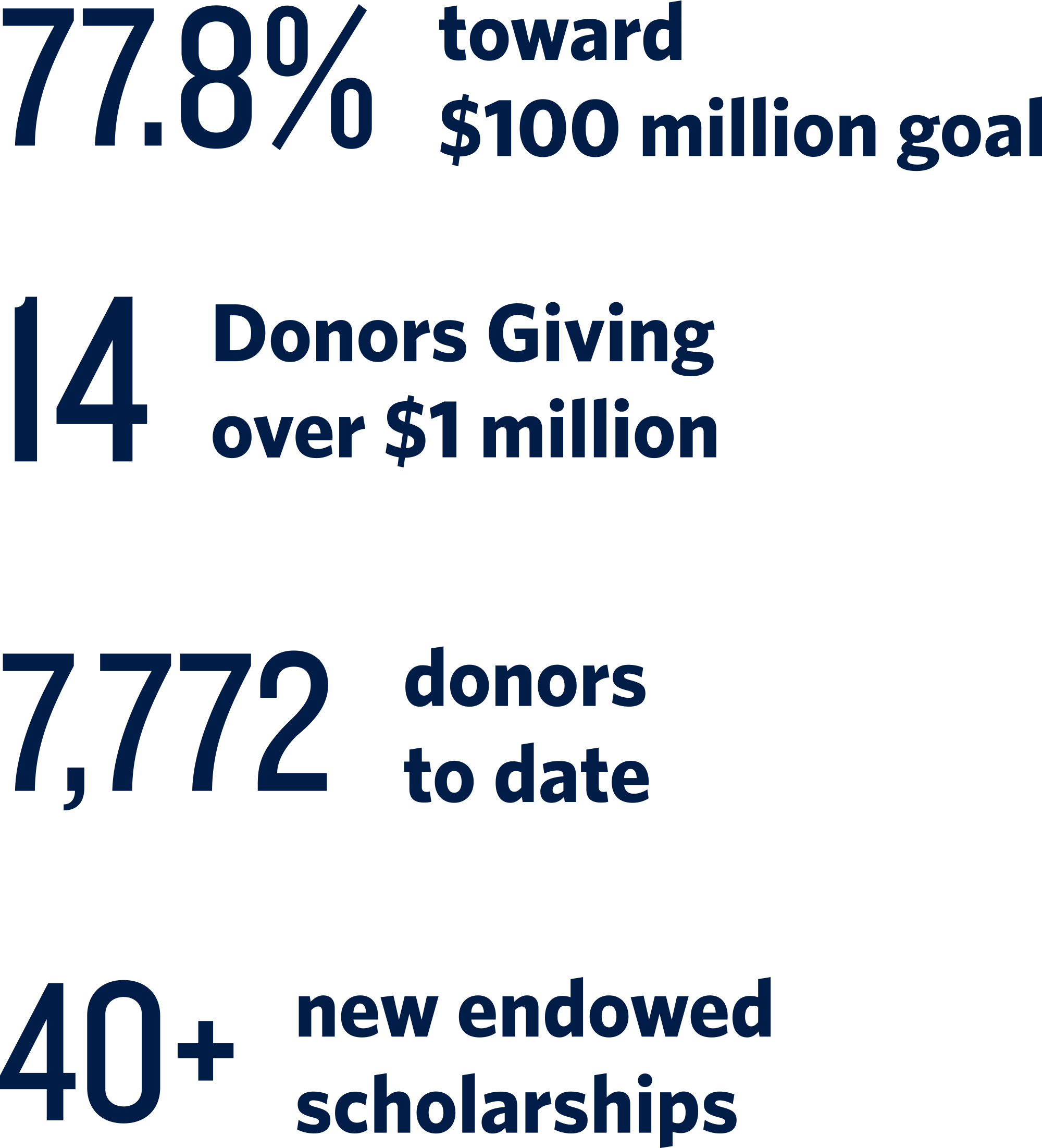
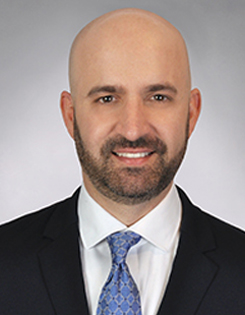
Lee Jason Goldberg will receive the James H. Fogelson Emerging Leadership Award at the UJA-Federation of New York at the Lawyers Division Annual Event. He received the 2020 FLAA Rising Star Award at the FLAA Annual Luncheon on March 6.
Daniel Gottesman was interviewed by Cleveland Jewish News.
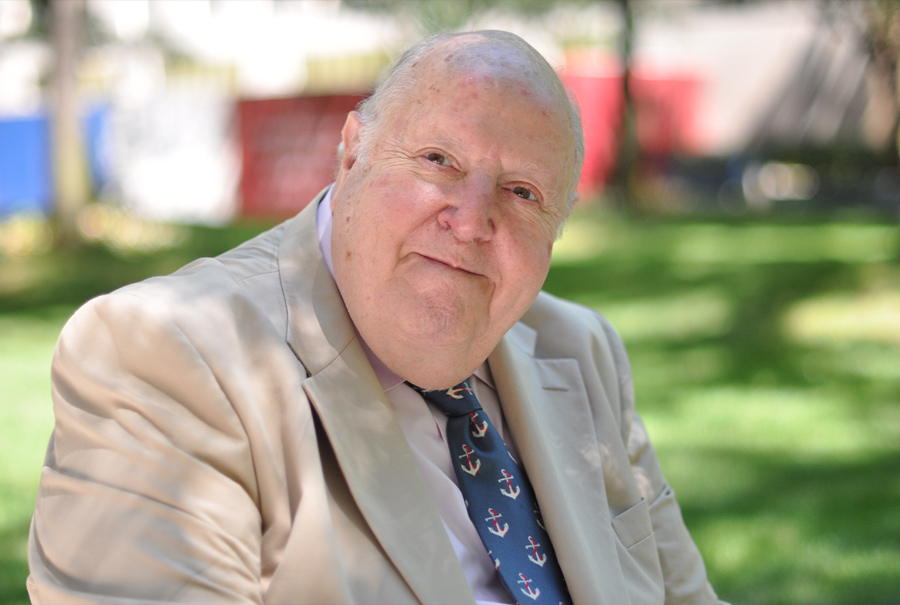
John D. Calamari Distinguished Professor of Law Emeritus
Joseph C. Sweeney was a member of the Fordham Law faculty for 47 years—from 1966 until his retirement in 2013. He died on July 21 at the age of 87.
Sweeney joined Fordham Law School as a professor of law in the fall of 1966 and helped co-found the Fordham International Law Journal (FILJ). It remains one of the most frequently cited student-edited legal publications dedicated to the study of international law. The FILJ office was named in honor of Sweeney when the new Law School building was completed in 2014 on the Lincoln Center campus.
During his 47 years as a professor, Sweeney taught a number of courses at Fordham Law, including International Business Transactions, International Conflict Dispute Resolution, History of the Supreme Court, Torts, and Admiralty. He also taught students through the Fordham summer program in Ireland in the program’s first five years. Sweeney was also the author of a number of books, including The Law of Marine Collision, with Nicholas Healy.
Prior to becoming part of the Fordham Law family, Sweeney joined the U.S. Naval Reserve and became a JAG officer in 1957. He served on the legal staff of the Destroyer Force of the Atlantic Fleet at Newport and was later selected to be an instructor at the Naval Justice School. He left active duty in June 1962 to practice law at Haight, Gardner, Poor & Havens.
In 1970, Sweeney assisted the late Ambassador Richard D. Kearney on answers from the Department of State to questionnaires from the United Nations Conference on Trade and Development (UNCTAD) and the United Nations Commission on International Trade Law (UNCITRAL). This work was the beginning of his apprenticeship as a diplomat over the next 25 years, representing the United States at multiple diplomatic conferences and negotiations. He was also the visiting E.S. Land Professor of Maritime Affairs at Naval War College in 1972 and a distinguished visiting professor at U.S. Merchant Marine Academy in 1982.
Sweeney grew up in Boston and attended Boston Latin School. He graduated from Harvard University in 1954, earned a J.D. from Boston University in 1957, and received an LL.M. in international law from Columbia University in 1963.
Professor Sweeney is survived by his wife, Alice.
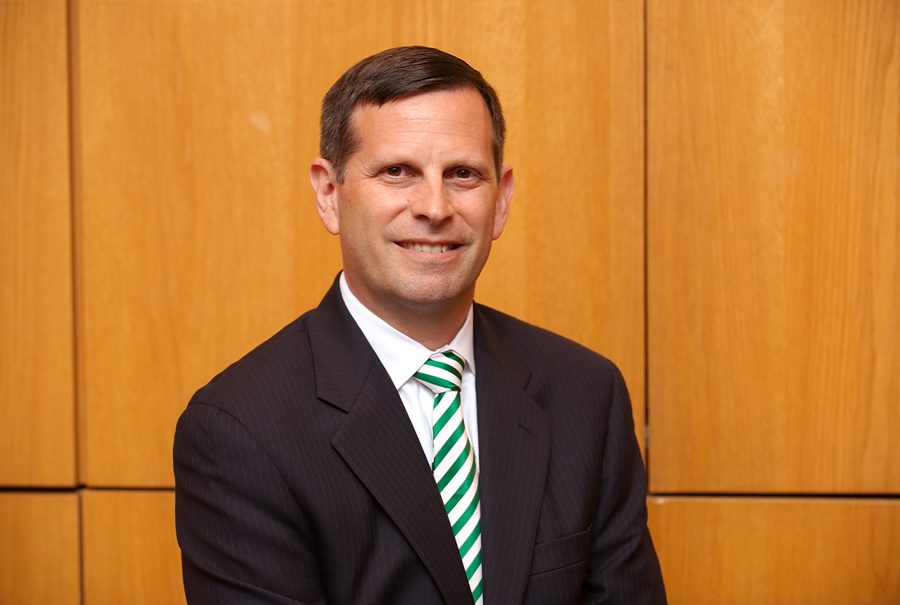
Stanley D. and Nikki Waxberg Chair and Professor of Law; Founding Academic Director, Center on Law and Information Policy
Joel R. Reidenberg was a pioneer in the legal academy on internet privacy and cybersecurity. He passed away on April 21 at age 59 after a long and valiant battle with leukemia.
Professor Reidenberg held the Stanley D. and Nikki Waxberg Chair in Law and was the founding academic director of the Center on Law and Information Policy (CLIP). He worked on a wide range of issues and questions, including the intelligibility of privacy policies, legislative protections from privacy harms, government surveillance in the name of national security, privacy in online gaming, student data protection, EU data protection efforts, transnational data flows, and algorithmic decision-making. His scholarship appeared in leading U.S. law journals, and he published widely in Europe.
Professor Reidenberg served as the inaugural Microsoft Visiting Professor of Information Technology Policy at Princeton University, teaching in the computer science department, and was a visiting faculty member teaching cybersecurity policy at Princeton’s Woodrow Wilson School. He also taught at the Université de Paris-Sorbonne and the Institut d’études Politiques de Paris. Formerly, he served as the associate vice president for academic affairs and associate chief academic officer of Fordham University. Professor Reidenberg was also a former president of the University’s Faculty Senate.
In 2016, Professor Reidenberg was honored by the Future of Privacy Forum with its 7th Annual Privacy Papers for Policymakers Award. In 2019, he received the BCLT Privacy Award from the Berkeley Center for Law & Technology. The award recognized his seminal scholarship, innovative policy entrepreneurship, and tireless support for the privacy community.
Prior to joining the Fordham faculty in 1990, Professor Reidenberg was an associate at the law firm Debevoise & Plimpton. He was a graduate of Dartmouth College, earned a J.D. from Columbia University, and earned a Ph.D. in law from the Université de Paris–Sorbonne. Professor Reidenberg was admitted to the Bars of New York and the District of Columbia.
Professor Reidenberg is survived by his wife, Pascale; his two sons, Jeremy and David; his daughter-in-law, Caitlin; his grandchildren, Luca and Sophie; and his mother, June.
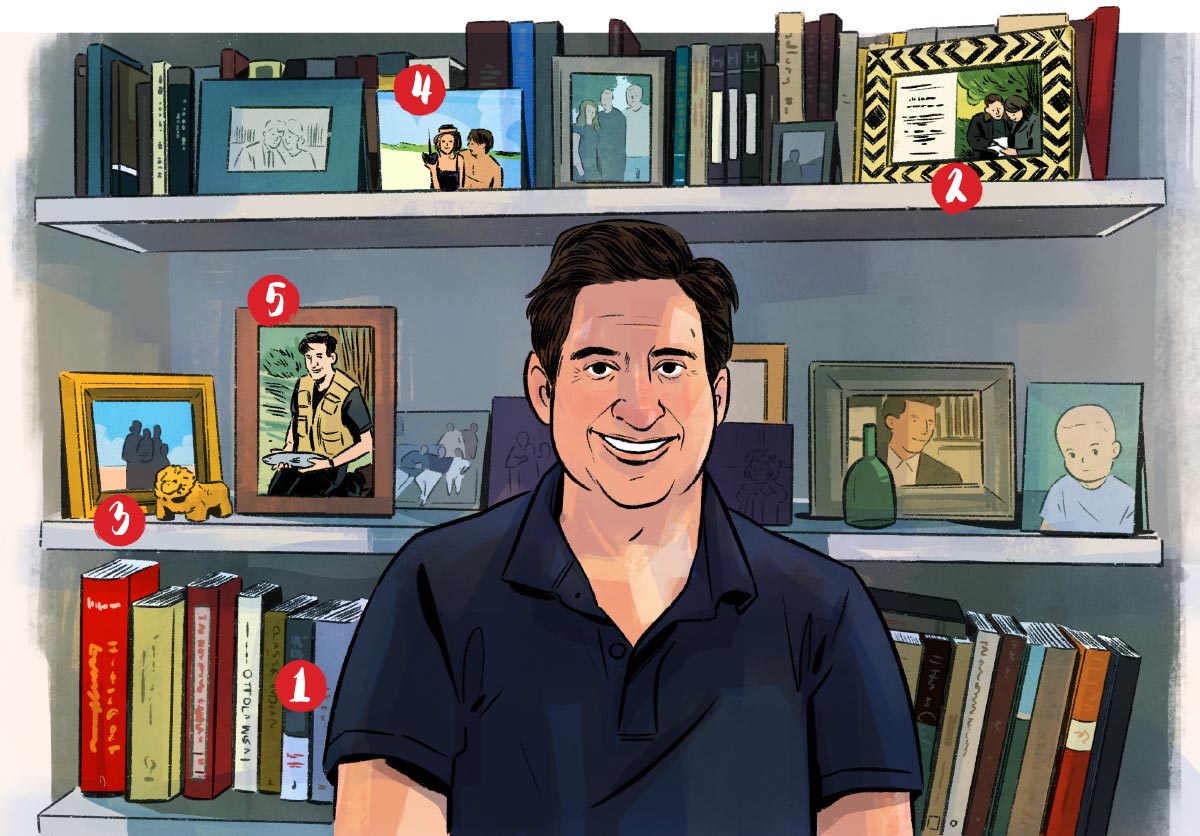

Fordham Lawyer
Attn: Communications Office
Fordham Law School
150 West 62nd Street
New York, NY 10023
Email:
fordhamlawyer@law.fordham.edu
Online:
law.fordham.edu/fordhamlawyer
Assistant Dean, Fordham Law School, and AVP for External Relations, Fordham University
Youngjae Lee
Associate Dean for Research
Elizabeth McKeveny
Senior Director of Development Operations

